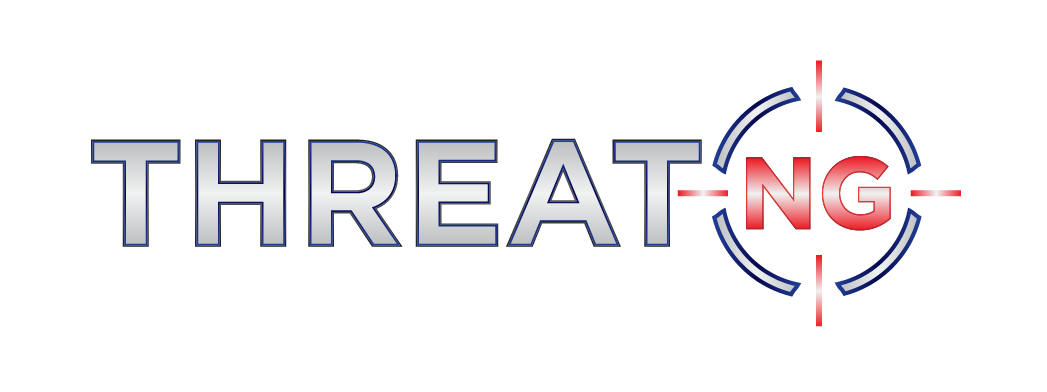App Store Scanning
App Store Scanning, in the context of cybersecurity, analyzes mobile applications available in app stores (such as the Apple App Store or Google Play Store) to identify potential security and privacy risks. This process aims to detect:
Malware: Malicious software designed to harm or gain unauthorized access to devices.
Vulnerabilities: Attackers could exploit weaknesses in the app's code or design.
Data Privacy Issues: Problems with how the app collects, stores, and shares user data.
Code Quality Issues: Problems within the app's code may not be security vulnerabilities but can lead to unexpected behavior or instability.
App store scanning can be performed by providers, security vendors, or even individual researchers.
ThreatNG can help with app store scanning in the following manner:
External Discovery: ThreatNG discovers mobile apps related to an organization within various marketplaces (e.g., Amazon App Store, Apple App Store, Google Play Store, etc.). This capability allows organizations to gain visibility into the apps available to the public, which is a crucial first step for understanding the app store's presence.
External Assessment: ThreatNG assesses discovered mobile apps for various factors:
ThreatNG examines mobile apps for the presence of Authentication/Authorization Tokens & Keys, Authentication Credentials, Service Account/Key Files, and Private Keys (Cryptography). The presence of these items can indicate potential vulnerabilities or security risks within the apps. For example, exposed API or private keys found during the assessment can be a serious security concern.
Reporting: ThreatNG provides reports that include findings related to mobile app exposures. These reports can help organizations understand the security and privacy risks associated with their apps' presence in app stores.
Continuous Monitoring: ThreatNG constantly monitors the external attack surface, including tracking for mobile app exposures. This ongoing monitoring allows organizations to stay aware of potential issues with their apps in app stores and respond to them promptly.
Investigation Modules: ThreatNG's investigation modules, specifically the Mobile Application Discovery module, aid in app store scanning:
The Mobile Application Discovery module discovers mobile apps in marketplaces and analyzes them for various contents, including potential security and privacy risks.
Intelligence Repositories: ThreatNG's intelligence repositories contain information on mobile apps and the presence of various indicators within them, such as authentication/authorization tokens and keys, authentication credentials, service account/key files, and private keys. This information can be valuable for identifying known risks and trends related to app store security.
Works with Complementary Solutions: While ThreatNG provides app store scanning capabilities, its findings can complement other security tools and processes. For example:
If ThreatNG identifies an app with potential vulnerabilities, the organization can use other mobile app security testing tools to conduct more in-depth analysis.
Examples of ThreatNG Helping:
ThreatNG can help an organization discover unauthorized or outdated app versions that are available in app stores.
ThreatNG can identify apps that contain exposed credentials or API keys, which attackers could exploit.
ThreatNG can provide insights into the overall security posture of an organization's mobile app portfolio in app stores.
Examples of ThreatNG Working with Complementary Solutions:
ThreatNG's обнаруженные vulnerabilities in apps on app stores can be integrated into a vulnerability management program to track and remediate those issues.
Information on potentially malicious apps can be shared with mobile threat defense solutions to enhance their detection capabilities.

